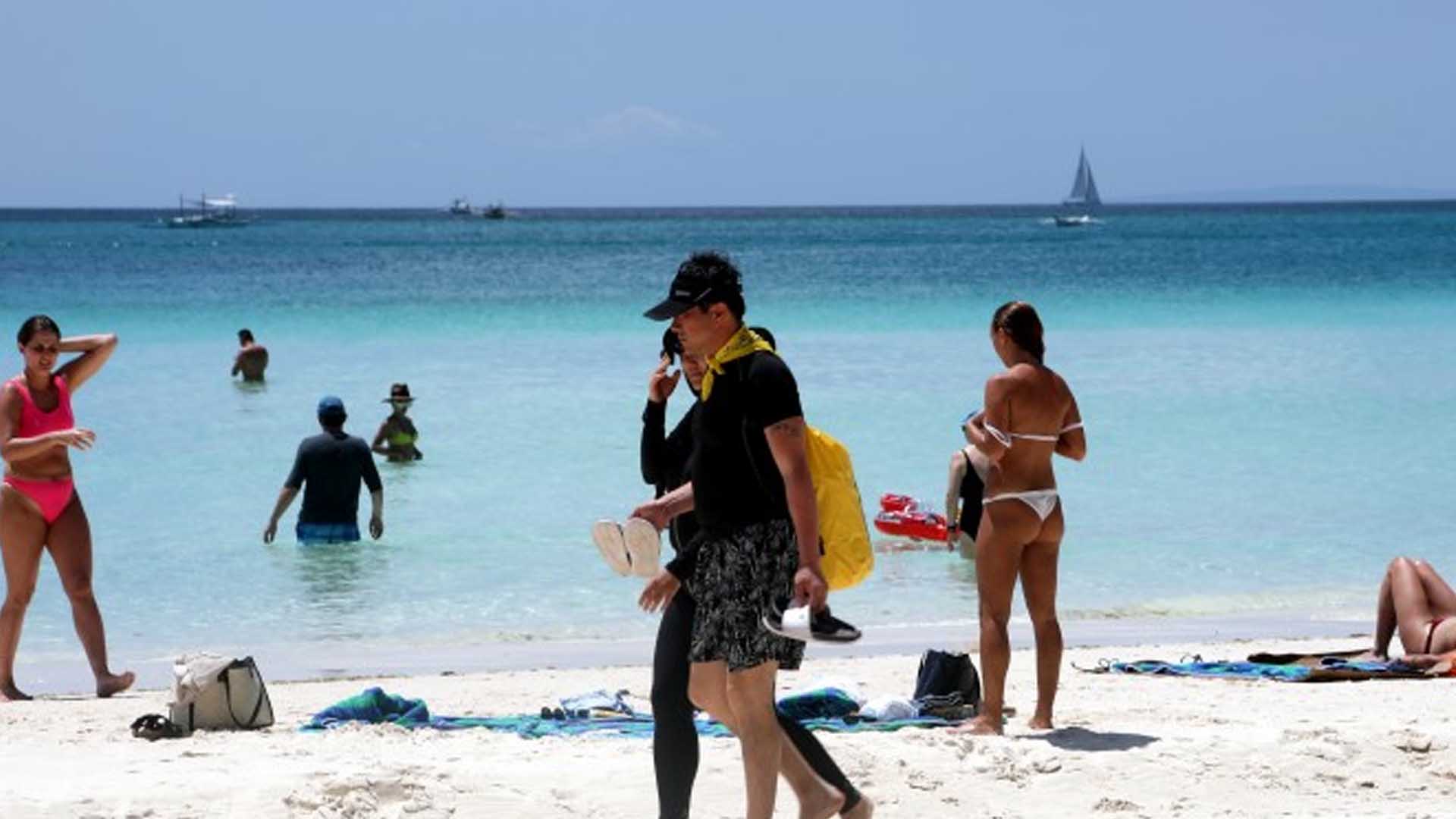President Ferdinand Marcos Jr.’s version of “holiday economics” will boost domestic tourism and other related sectors without significantly affecting the productivity of Filipino workers or labor costs, a House leader said on Wednesday.
House Ways and Means Committee chair Joey Salceda said a boost in domestic tourism by 10 percent due to longer holiday weekends will add value to several other industries based on an analysis of Input-Output tables by the Philippine Statistics Authority.
He said there will be subsequent increases in the following areas: 4.9 percent in personal consumption, 3.5 percent in final demand and total consumption, 8.8 percent in gross value-added (GVA) for trade, 5.5 percent in GVA for food manufacturing, 5.4 percent in GVA for transport, 4.4 percent in recreational activities GVA and 5.9 percent in hospitality GVA.
“As a result of PBBM’s policy, there will be 10 long weekends this year. That will boost domestic tourism significantly, especially with ‘revenge travel’ or people trying to regain foregone experiences during Covid-19 lockdowns,” Salceda said.
Proclamation 90, released on Nov. 11, 2022, amended Proclamation 42, declaring the regular holidays and special non-working days for 2023.
The proclamation aims to promote “spending economics at a time workers need more jobs and extra source of income to meet their families’ basic food and non-food requirements.”
“There is a need to adjust these holidays pursuant to the principle of holiday economics wherein a longer weekend will help encourage domestic travel and increase tourism expenditures in the country,” Marcos said in the proclamation.
He, however, warned that holiday economics should balance both making longer weekends without increasing the number of total holidays.
“PBBM did not increase the number of regular and special non-working holidays and kept it at 18. This helps maximize the tourism gains due to long weekends without increasing labor costs for industries,” Salceda said.
He noted that an increase in the total number of holidays by one day costs industries at least PHP25.2 billion in wages without productivity, or in additional wages if they require employees to work.
The Albay lawmaker said this is “especially painful” for the business process outsourcing (BPO) sector, where wage costs are as much as 46.53 percent of total labor costs, and does not benefit from increases in tourism.
He said low-margin operations such as manufacturing also become unviable operations when there are too many holidays.
“As long as PBBM limits the number of holidays and focuses holiday economics on just keeping holidays next to each other, the policy should be very beneficial,” he said. (PNA)





















